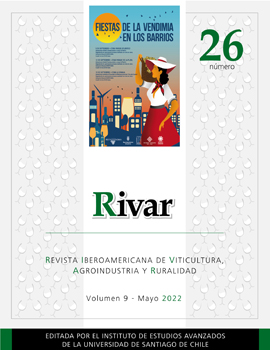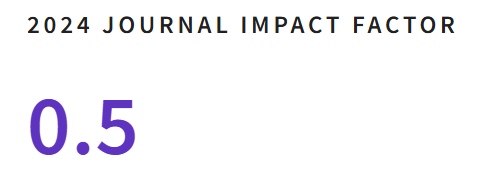La temporalidad y naturaleza de la transición nutricional en Chile, 1930-2019
DOI:
https://doi.org/10.35588/rivar.v9i26.5534Keywords:
nutition transition, diet, ChileAbstract
In this article we provide the first long-term series of Chile’s per capita consumption of a wide range of key foodstuffs: cereals, legumes, potatoes, meats and dairy products from 1930 to 2019, based on food balance sheets and complementary information from FAO, consumer price indexes and surveys of family budget. Based on this information, we examined and characterised the timing and nature of Chile’s nutrition transition (NT), concluding that there was a NT within a short period of time (common to countries which develop comparatively late), with the average dietary energy consumption increasing from 2,600-2,700 kcal per person per day to slightly over 3,000 within a few decades. In Chile, as in most countries that have experienced a NT, dietary options became more diverse, but also less vegetarian: the consumption of meat and dairy products increased dramatically; there was an unprecedented decline in the consumption of legumes, and there was also a less substantial reduction in the average intake of potatoes. Yet, if compared to the NT experienced by most developed countries, the combined consumption of cereals in Chile has remained unusually stable.
Downloads
Downloads
Submitted
2022-05-29Published
Versions
- 2024-08-16 (2)
- 2022-05-29 (1)









